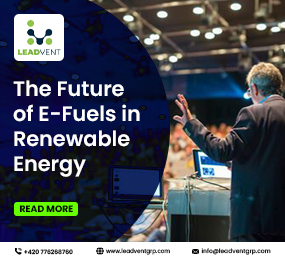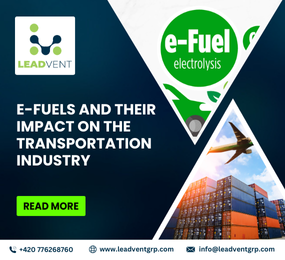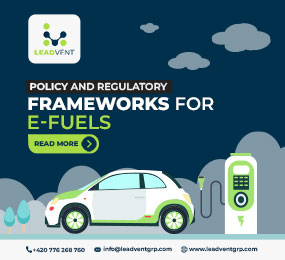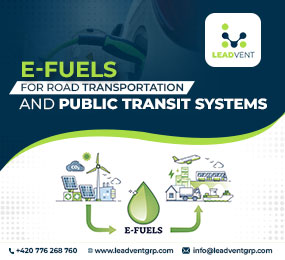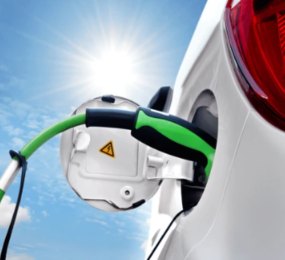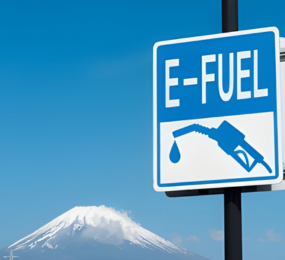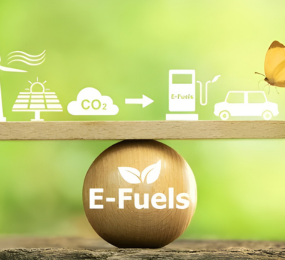E-Fuels: Bridging the Gap Between Today’s Infrastructure and Tomorrow’s Clean Future
As the world races to cut emissions and combat climate change, one truth is becoming increasingly clear: not every sector can run on batteries. While electric cars and renewable grids are important pillars of the energy transition, industries like aviation, shipping, and long-distance freight remain difficult to electrify at scale.
That’s where e-fuels come in a class of synthetic fuels produced using renewable electricity, water, and carbon dioxide. Designed to work with existing engines and infrastructure, e-fuels offer a low-carbon alternative to fossil fuels without requiring a total overhaul of global transport systems.
Unlike biofuels, which are derived from agricultural crops or waste, e-fuels are made through a chemical process that combines green hydrogen with captured CO?. The result is a liquid fuel such as e-methanol, e-diesel, or e-kerosene that mimics the energy density and usability of traditional fuels but with significantly lower lifecycle emissions.
Why E-Fuels Matter Now
The urgency of climate goals demands practical, scalable solutions. E-fuels can help industries begin their transition immediately. Airlines, for example, are testing blends of e-kerosene in existing jet engines. In shipping, e-methanol is gaining traction as a clean marine fuel. Even in motorsports, where performance and reliability are paramount, e-fuels are proving their capability.
They are especially valuable because they plug directly into the world we already have—pipelines, fueling stations, combustion engines making them a transition technology that doesn’t leave anyone behind.
But e-fuels are more than a stopgap. With enough renewable power and smart investment, they have the potential to become a long-term fixture in a diversified clean energy landscape.
Challenges and Progress
Scaling e-fuel production is not without its challenges. The process requires large amounts of clean electricity and access to carbon capture technology. At present, production costs are higher than those of fossil fuels, making commercial viability dependent on supportive policies, incentives, and continued innovation.
However, the momentum is building. Europe is leading the charge, with pilot projects and government mandates pushing for e-fuel adoption in aviation and heavy industry. Engine manufacturers are designing systems that are compatible with synthetic fuels, and early adopters are sending a strong market signal that demand is on the rise.
Takeaway Point
E-fuels offer a powerful way to decarbonize sectors where batteries and electrification fall short. By leveraging existing infrastructure and providing a cleaner combustion option, they serve as a vital bridge to a net-zero future. The road ahead will require investment, innovation, and collaboration but with e-fuels in the mix, we are closer than ever to making clean energy work for everyone, everywhere.
Learn more on our website: https://www.leadventgrp.com/events/2nd-annual-world-e-fuels-summit
For more information and group participation, contact us: [email protected]
Leadvent Group - Industry Leading Events for Business Leaders!
www.leadventgrp.com | [email protected]


